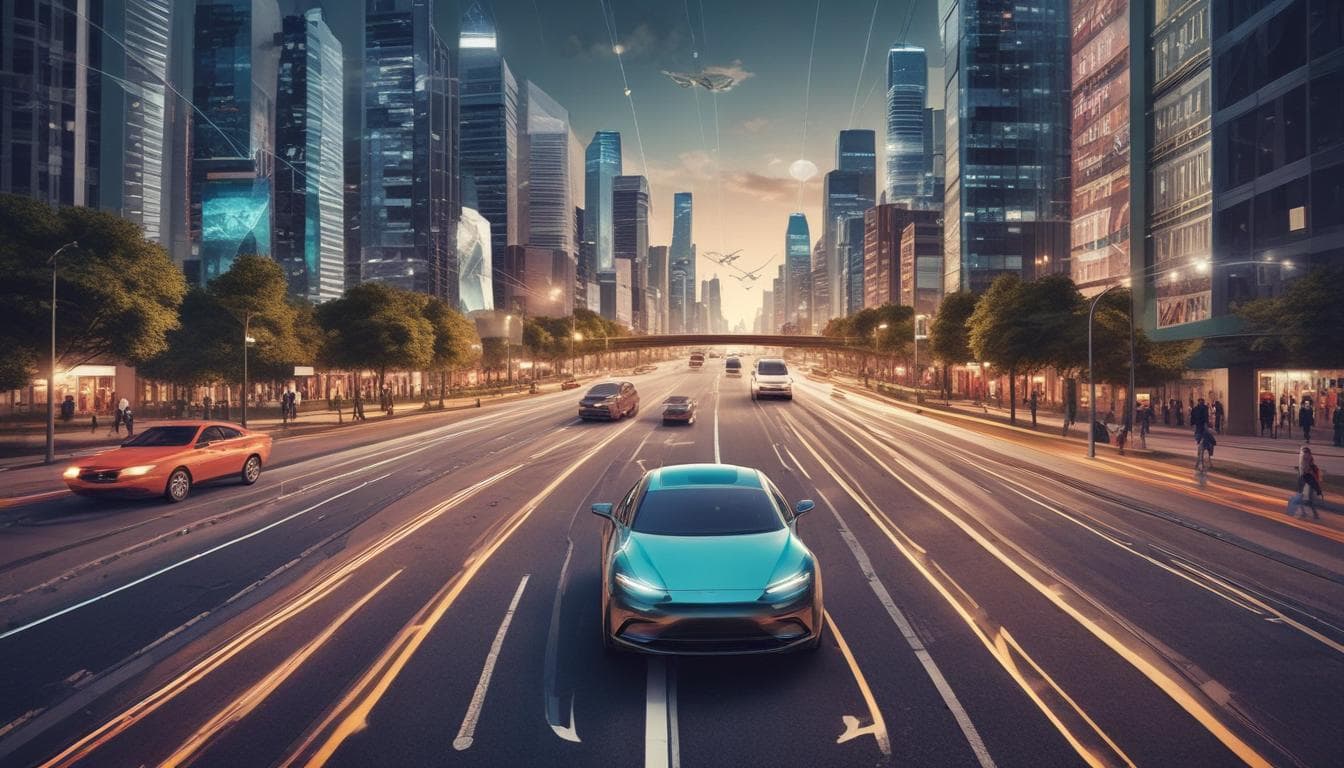With advancements in AI and personalized in-car experiences, how do you envision the future of automotive tourism evolving? Will AI-curated road trips replace the thrill of spontaneous exploration, or will there be a harmonious blend of both? What new opportunities and challenges might arise for travelers and the tourism industry as AI becomes more integrated into our vehicles and travel experiences?
The future of automotive tourism certainly stands poised for a transformative shift with the integration of advanced AI systems and personalized in-car experiences. AI has the potential to redefine how travelers plan, navigate, and experience road trips, catering to both spontaneity and detailed customization.
The Role of AI in Curated Experiences
AI-driven systems can provide tailored recommendations based on user preferences, travel history, and real-time data like weather or traffic conditions. Imagine an AI suggesting hidden gems, local eateries, or scenic routes that you might have missed otherwise. Travelers can indulge in curated experiences without sacrificing the excitement of discovery. For instance, AI could propose stops based on your interests, like nature trails for outdoor enthusiasts or historical landmarks for history buffs.
Harmonizing Spontaneity and Planning
The debate between AI-curated journeys and spontaneous exploration doesn't have to lean one way. There is potential for AI to merge these aspects harmoniously. While AI can plan routes with suggested attractions, travelers could still deviate from these plans whenever they choose. In this way, travelers maintain control over their journeys without losing access to valuable insights and recommendations.
Emerging Opportunities
- Enhanced Accessibility: AI in vehicles can make travel more inclusive by providing real-time assistance to those with disabilities. For example, voice-activated systems can simplify navigation for visually impaired travelers.
- Immersive Experiences: Integration with technologies like AR and XR opens new doors for immersive storytelling during road trips. Travelers could use Extended Reality to visualize historical events at ancient landmarks. Check out how XR is transforming the automotive industry for more insights.
- Eco-Friendly Tourism: As EVs dominate the market, AI can optimize energy usage, suggesting charging stops along the most scenic or efficient routes. Read more about the transformative impact of EVs and IoT in automotive.
Challenges to Address
- Privacy Concerns: AI systems require extensive data collection, raising concerns about personal data privacy and how it is used.
- Over-Reliance on AI: Relying too much on AI could potentially reduce the authenticity of exploration, as rigid algorithms might limit off-the-beaten-path adventures.
- Learning Curve: Integrating complex AI systems into vehicles may demand a learning curve for some users, especially for older generations not familiar with such technology.
Final Thoughts
As AI becomes more prevalent in automotive systems, the road trip experience will likely become more seamless, efficient, and personalized. However, the thrill of spontaneity need not be sacrificed. By combining AI-driven insights with the freedom to explore, the tourism industry could find innovative ways to encourage meaningful connections and unforgettable journeys. For a broader perspective on AI's influence, take a look at how AI is revolutionizing the automotive industry. The key will be striking a balance between leveraging technology to enhance experiences and preserving the human essence of travel adventures.
このトピックについてさらに詳しく探る
会話に参加する
- 未来のドライブ体験:自動車が「思い出」を記録・共有する機能について
自動車がAIを活用して「思い出」を記録・共有する未来のドライブ体験について議論しましょう。美しい風景、音楽、会話などを自動記録し、他のドライバーと共有したり、AIが新たなドライブコースを提案。メリット、デメリット、プライバシー、社会的影響について意見交換。
- 車が感情を読み取る都市:未来のモビリティ社会の可能性と課題
車が都市の感情を読み取れる未来のモビリティ社会。交通渋滞緩和、事故減少といったメリットと、プライバシー、AI倫理といった課題を考察し、未来の可能性と課題について議論しましょう。
- 車が都市の感情を読み取れたら?未来のモビリティ社会を想像しよう!
車が渋滞のイライラやお祭りの高揚感など、都市の感情を読み取れるようになったら?車のデザインや機能、私たちの生活はどう変わる?未来のモビリティ社会について自由に語り合いましょう。





